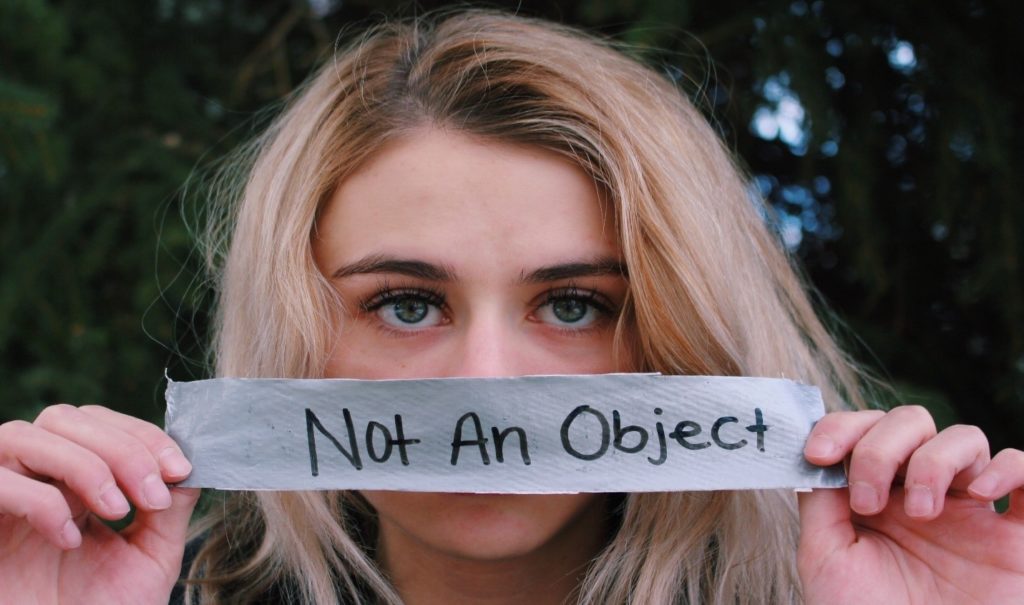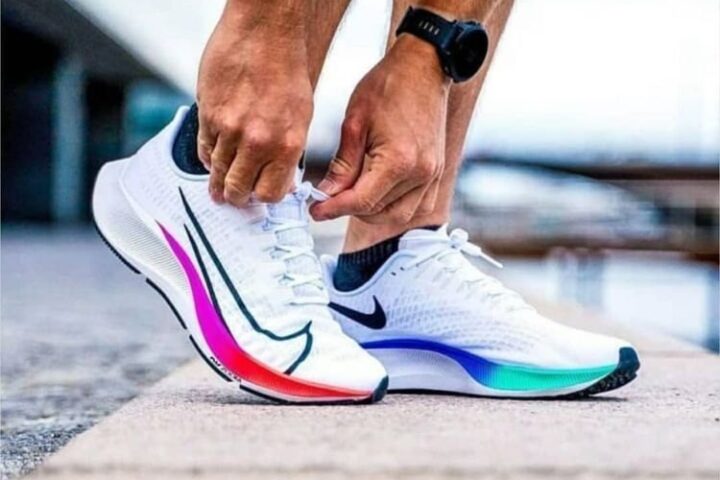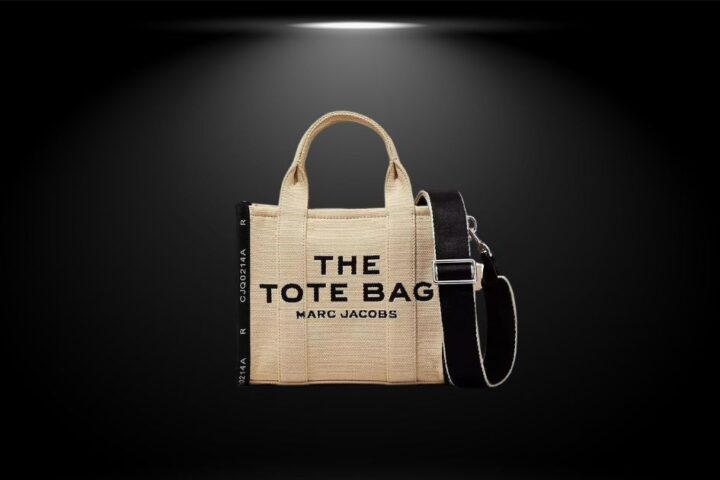Digitising Fashion
Digital fashion, Metaverse and NFTs are terms that are being heard everywhere in the fashion world in recent times. But what is the buzz exactly all about? So many players in the fashion industry are excited about the collaboration of technology with fashion but many are apprehensive as well. How would one distinguish the benefits of a digitised buying experience created with virtual reality (VR) which is bought with cryptocurrency like Bitcoin and Ether and that between the old school in store buying experience with regular currency? Would trademark protection apply to fashion articles bought via NFTs or would buyers choose to invest in NFTs rather than actual physical pieces of fashion items? This article covers the relationship of the digital fashion world, cryptocurrencies and the Metaverse with fashion and the legal implications in the intellectual property arena of the same.
Fashion is evolving. Who wears what, what is trending and what is hot and not is instantly accessible to the average consumer in the form of social media – the pioneer being platforms such as Instagram and Pinterest. A consumer does not have to enter a store physically to find out what is trending. Social media and online shopping experiences have slowly and steadily digitised the way the consumer shops. With experiences online that include trying an outfit by simply using a picture of the user to trying various shades of lip colour and hair colour by face recognition or view a 360 degree view of a luxury bag before purchase – the future of fashion most definitely leans towards digitisation.
An NFT or a non fungible token is a term in the digital universe or more commonly known as today – the Metaverse. To explain briefly the Metaverse is a digital universe that is a graphically rich space on the internet where people can shop, socialise and play – basically live a human life but on the internet using technologies such as virtual reality (VR), augmented reality (AR), Artificial Intelligence (AI) and digital currency. The internet is something that people browse on. But, to a degree, people can “live” in the Metaverse.
Now, an NFT on the other hand are non fungible tokens that are stored in a blockchain. With the aid of these tokens owners can buy, sell and trade items like art, real estate, music, images, etc. Anything to be considered an asset or token need not have to be anything artistic. An item could be a post or a tweet. The current asset that projects the value of “originality” is the one-line tweet by Jack Dorsey that is sold for 2.9 million US Dollars in NFT based transactions. The tweet, which said “just setting up my twttr,” first published on March 21, 2006 and was auctioned off by Mr Dorsey for charity.[1] An NFT brings a certain factor of luxe and exclusivity in ownership which turns digital designs to rare and one of a kind collector investment pieces. NFTs are simply understood as certificates which authenticate the NFT owner’s entitlement to rights granted by the owner of the underlying asset with whom IP rights vests in NFT’s and Intellectual Property.
NFTs and Intellectual Property Law
What would arise if someone counterfeited someones NFT? Would the same laws of trademark protection apply? Despite this token being the most emerging and exclusive way of owning fashion and art the legalities of this digital asset and its standing laws and implications are far from clear. For NFT’s one of the most important aspects the law could look into are laws related to copyrights.
As an NFT is just a representation of the underlying work and not the work itself, the sale of an NFT does not provide the buyer with the copyright to the work it signifies. Legally, acquiring ownership of an NFT representing an underlying asset does not necessarily grant the new owner of the NFT IP rights in respect of the asset. The rights obtained by the owner of the NFT depend on the terms of the underlying contract facilitating the transfer of the NFT.[2] As intellectual property is treated as personal and movable property it can also be licensed to a third party by way of contract.
In a recent intellectual property debate in January 2022 – the world renowned luxury bag retailer Hermès has sued an NFT creator, Mason Rothschild for creating an NFT called the MetaBirkin as he attempted to rip off the Hermès famous BIRKIN trademark by adding the generic prefix ‘meta’ which violates its trade rights without its permission. Rothschild still has not agreed to stop selling this NFT which looks like a furry Birkin Bag even though the platform called OceanSea on which the NFT was sold takes accountability and removed the token. However, Rothschild moved the NFT to another platform and continues to sell it. This falls under the ambit of legal issues such as trademark dilution and infringement.
On StockX – an online resale platform where sneakers are bought and sold, a pair of women’s Nike Air VaporMax went from a sale price of $600 USD to $2,000 USD in less than a month.This is an interesting investment opportunity for the trademark holder who owns an NFT of the same sneaker. StockX Vault NFT is where the company is selling NFTs of Nike Sneakers. Nike has sued StockX for violation of trademark. Nike alleges that the resulting crypto assets constitute trademark infringement, false designation of origin, and trademark dilution, among other violations. The case depends on whether StockX’s NFTs are an extension of its normal reselling process (like a digital receipt of ownership) or whether they’re products in their own right, with potentially significant implications for NFTs in general.[3]
How NFTs stand from the intellectual property and contractual perspective along with remedial provisions for the same are being eagerly analysed by lawyers, NFT creators, fashion houses and investors. Redressal mechanisms, infringement relief and many more legal issues are yet to be legislated on in India as well as the West. The relationship of long standing concepts such as copyrights and trademarks and how they legislate on NFT in the coming years and marks the future of Intellectual Property Legislation.
NFTs and Fashion Marketing
Decentraland’s Metaverse Fashion Week (MVFW) has just seen some of the the popular names of fashion such as Estée Lauder, Tommy Hilfiger, Dolce & Gabbana have created NFT stores which allows brands to display their products, clothes and the user can try on these digital clothes in the form of their digital avatar.
The designer Phillip Plein has chosen to however, purchase real estate in Decentraland. He has bought 1.2 million US Dollars worth of land upon which he has built a skyscraper and museum to exhibit his artefacts and fashion pieces. The legality of the virtual property purchased is interesting and depends on how will crypto property will be legislated upon in the future. Mr Plein has also given his customers the option to purchase his items with cryptocurrency.[4]
Giuseppe Zanotti didn’t have his own store, but he teamed up with NFT collective DeadFellaz and fashion marketplace Neuno to create NFTs of 1,000 digital wearables of his signature Cobra sneaker – a bold move one might say.
Nike, Inc just acquired RTFKT (pronounced artefact) which is a company that specialises in digital sneakers and NFTs pertaining to the same. They are excited to brand and extend Nike’s digital presence and invest into digital sneakers slowly establishing themselves in the Metaverse.
Real life fashion experiences in the Metaverse or Web 3.0 is one huge branding and marketing experiment that fashion houses and brands are slowly testing out, just like the early days of e-commerce where online shopping platforms were slowly being built and worked upon but have since grown into some of the most influential spaces to buy, curate and understand fashion. Digital brand marketing teams are creating brand strategies to launch fashion brands into the Metaverse by creating their own NFTs.
Investors and lawyers are excited as to how big really this whole virtual fashion world is going to get and how it is going to be regulated along with which branches of law with its financial and intellectual property aspects in terms of laws and investment regulations on the same.
In conclusion, ownership of crypto land, cryptocurrency and NFTs in the Metaverse is happening and it is happening now. However, this rapid and sudden digitisation of fashion and other commodities makes one ponder over the fact if this just a passing trend – a huge hype created over nothing, a large marketing gimmick or is this exclusive token actually going to help intellectual property preservation and create favoured investments backed by growth and development of the Metaverse and most importantly the consumer. Only time will tell how this plays out in the long run as we are only in its nascent stages but for now NFTs are here to stay and are creating a new wave and starting a unique chapter in the history of intellectual property, contractual laws, investment opportunities and of course – fashion.
[1] Justin Harper. “Jack Dorsey’s first ever tweet sells for $2.9m.” BBC News. March 23 2022.
Accessed March 28 2022.
[2] Ho, Pang. “Non-Fungible Tokens (NFT) and Intellectual Property Law.” Amica Law LLC. 12 January 2022.
Accessed March 28 2022.
[3] Nike, Inc.,v StockX LLC. Case 1:22-cv-00983-VEC. Document 1. US District of Southern New York.
03 March 2022.
[4] Ligon. “Philipp Plein Becomes First Major Fashion Brand to Accept Crypto Payments”. 05 August 2021. Accessed March 28 2022.
Author: Riya Kotwal, Intern, Fashion Law Journal










